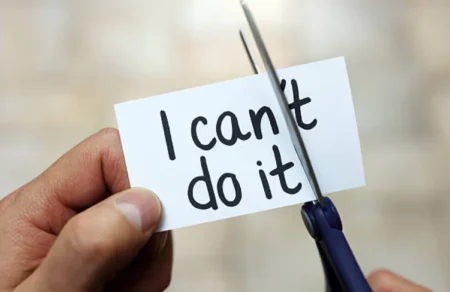Procrastination is more than just a term used to put off some work, for some, it’s a lifestyle. Procrastination is dangerous for many reasons: the risk, the accompanied anxiety, and the laziness that it promotes. Some people just can’t get into rhythm of taking action when it’s needed. Is it laziness? Poor time management? Studies show that it’s not any of those things that cause procrastination.. it’s actually poor mood management.

Poor Mood Management
Poor mood management refers to not being able to control your emotions towards adversity. You see a task that taunts you with adversity, and give up. If it makes you a bit anxious, you will pause before starting/completing.
The parts of the brain linked to the assessment of “threat level” and “emotional regulation” are different in those who procrastinate chronically and those who don’t, research shows. Procrastinators use procrastinating to delay negative emotions and be a “mood repair”. Although, what follows eventually is usually shame and or guilt from putting off work while doing something else (enjoyable). It seems that procrastination only has short term benefits, with long term harm.
Procrastination is also linked to health conditions. Chronic procrastinators have a greater number of health issues. This could possibly be due to constant stress, poor discipline, and poor sleep habits.
Regulating your mood can have a ton of benefits, not just solely with stopping procrastination. We need to know that short term emotions are never going away, but we can control the long term emotions. We need to understand that getting the job done earlier rather than later has more benefits than harm. We can forgive ourselves for our actions in the past, and promise to move forward with our best foot and accomplish our tasks without procrastination.






